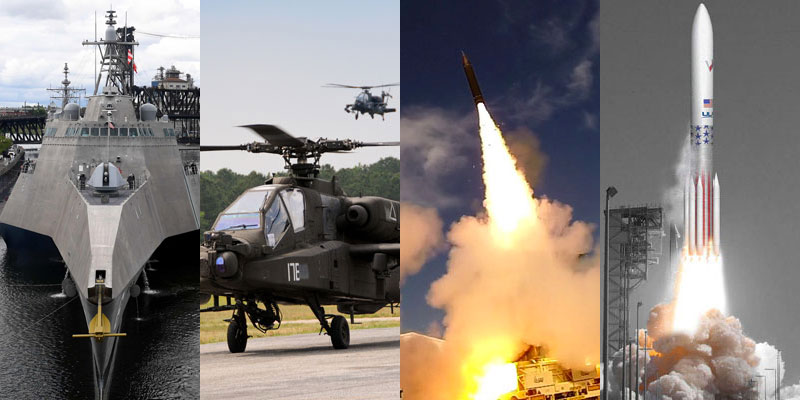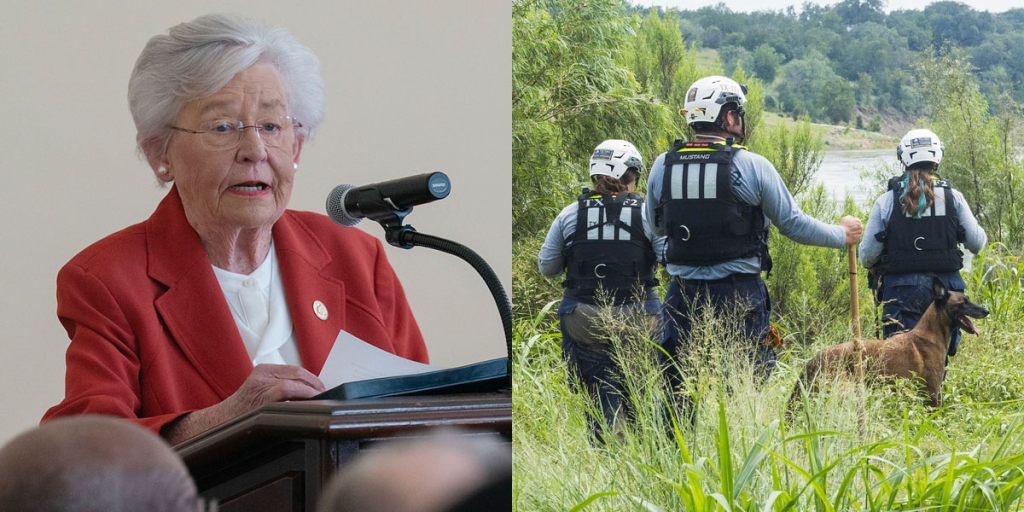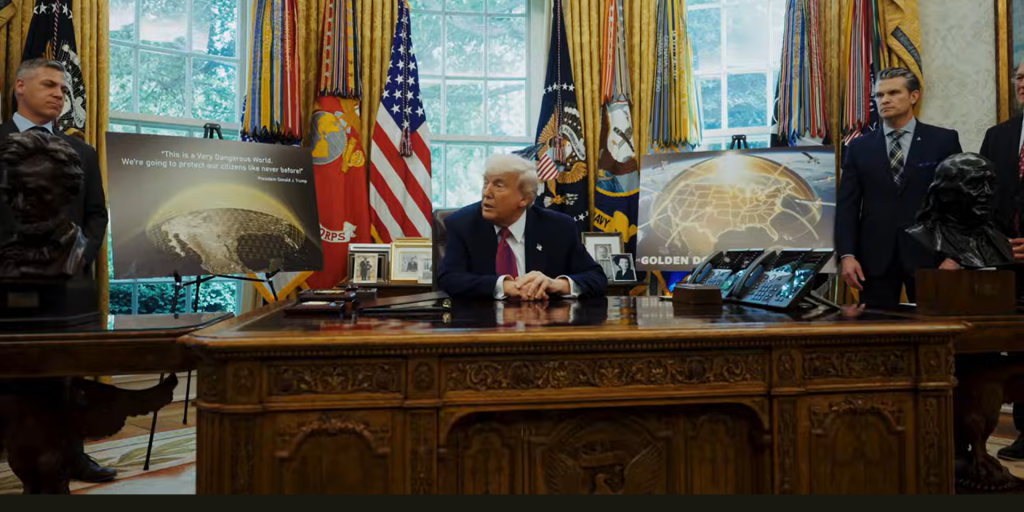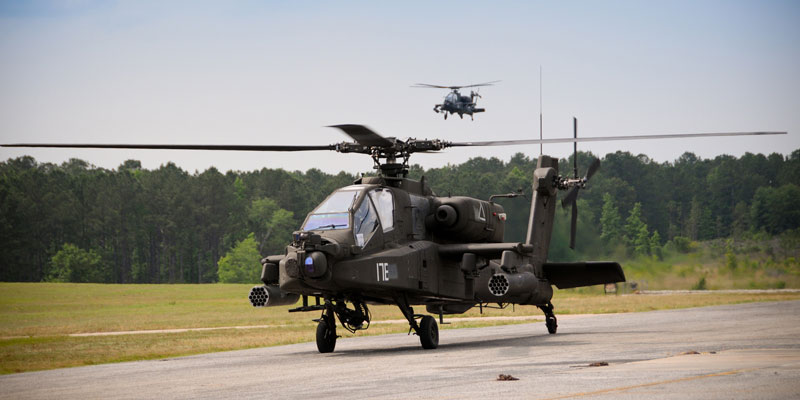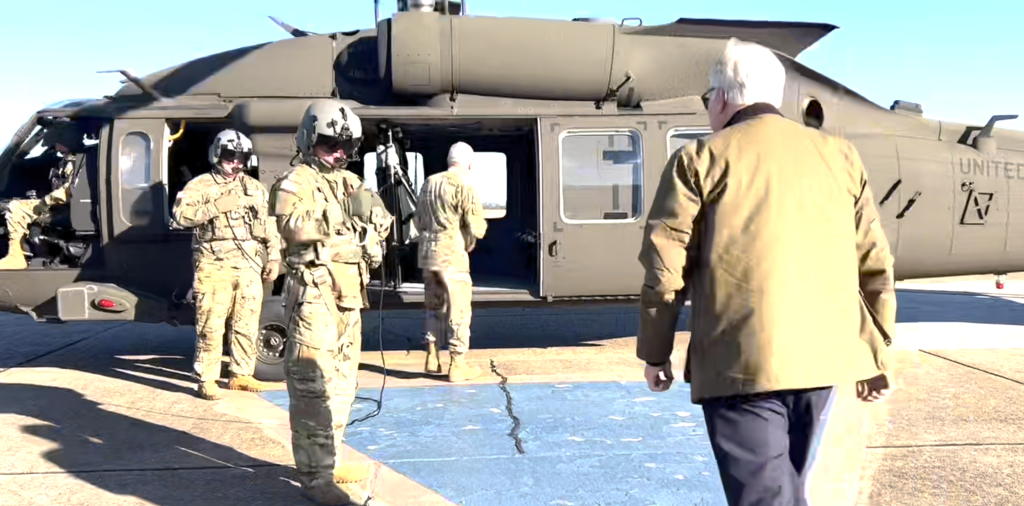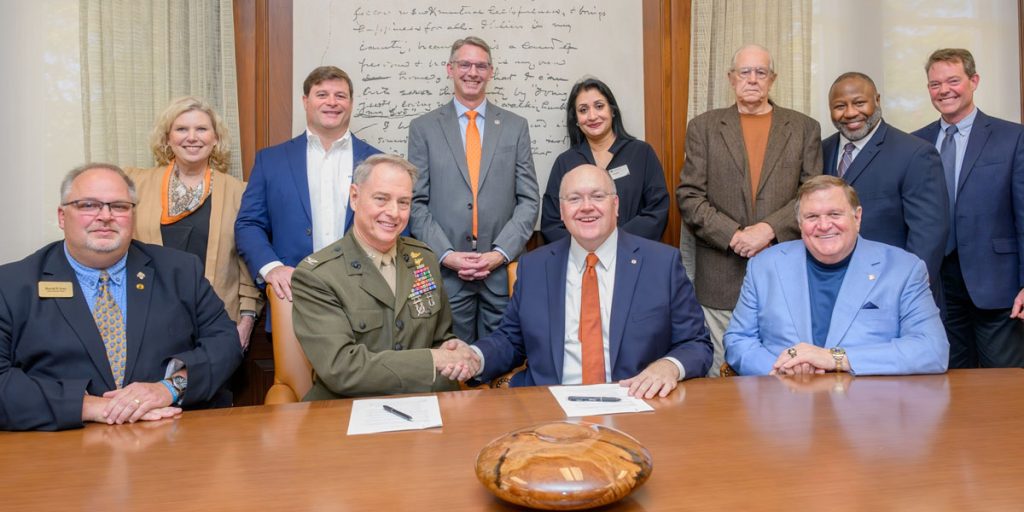The U.S. House of Representatives on Thursday passed the final version of Fiscal Year 2019’s National Defense Authorization Bill (NDAA), a $639 billion base defense budget.
The bill authorizes $18 billion for Army equipment replacement, $41 billion for aircraft, $36 billion for naval fleet improvements, $23 billion for military facilities and infrastructure, and a 2.6% pay raise for military personnel.
It also authorizes several national defense priorities supported by Alabama’s workforce and military efforts:
- $192 million for an improved turbine engine for Black Hawk and Apache helicopters, critical to the Army’s mission at Fort Rucker
- $140 million to Missile Defense Agency for advancing hypersonic and directed energy weapons research, development, and transition efforts, $490 million for Standard Missile procurement and another $181 million for improvements, all missions undertaken by workforces at Redstone Arsenal
- $254 million for space programs and technology
- Three Littoral Combat Ships, assembled by Austal USA in Mobile
“America’s military must be so strong that no nation will ever mistakenly believe they can win a war with us,” Rep. Mo Brooks (R-Huntsville) said following the bill’s passage.
“That is the essence of ‘peace through strength,’” Brooks said. “The FY 2019 [bill] makes America stronger and, as a result, the world more peaceful.”
Rep. Bradley Byrne (R-Fairhope) was part of the House-Senate Conference Committee which worked to reconcile the differences between the defense bills previously passed by both chambers.
“This NDAA process has once again been a textbook example of how Congress should work,” Byrne said Thursday on the House floor.
“After extensive hearings in the House and the Senate, lengthy committee markups, hundreds of amendments, separate passage in both chambers, and a conference committee, we have reached the point of final passage,” Byrne said.
The Senate still has to pass this final version before President Trump can sign it.
Congressional appropriators will then have to pass a spending bill to fund the programs authorized in the NDAA.




